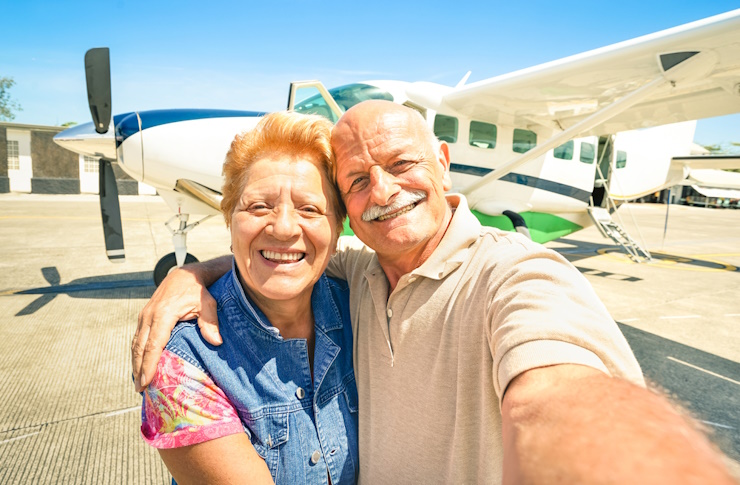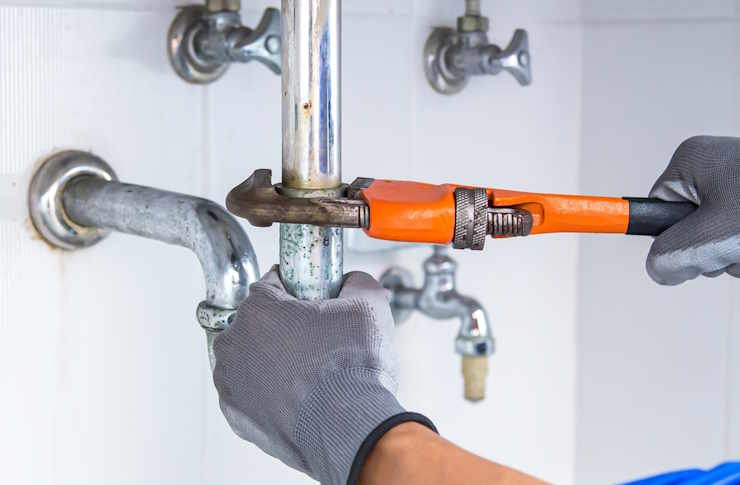Senior Pilot Training: Age-Friendly Flight Programs
Pilot training for seniors is more accessible than ever, with programs designed to support older adults interested in flying. Many flight schools welcome seniors, focusing on safety, comfort, and flexibility. With a valid medical certificate and passion, age doesn’t have to be a barrier.

What Makes Pilot Training Programs for Seniors Different?
Senior-focused pilot training programs differ from traditional flight instruction in several key ways. These programs typically offer more flexible scheduling to accommodate retirement lifestyles and health considerations. Instructors receive specialized training to work with older students, understanding that learning styles may vary with age and experience. Many programs also provide additional ground school time, allowing seniors to thoroughly understand aviation concepts at their own pace.
The aircraft used in these programs often feature modern avionics and safety systems that make flying more intuitive and less physically demanding. Flight schools may also offer longer lesson durations, recognizing that seniors often prefer comprehensive sessions over rushed instruction periods.
How Do Flight Schools Support Older Adult Students?
Flight schools offering training for older adults implement various supportive measures to ensure successful learning outcomes. Many provide one-on-one instruction as standard practice, allowing seniors to learn without the pressure of keeping up with younger students. Some schools offer morning flight slots when weather conditions are typically calmer and visibility is optimal.
Additionally, these schools often maintain relationships with Aviation Medical Examiners who understand the unique health considerations of older pilots. They may also provide resources for navigating the medical certification process, which can be more complex for seniors with pre-existing health conditions.
What Medical Requirements Apply to Senior Aviation Students?
All student pilots, regardless of age, must obtain a medical certificate from an FAA-authorized Aviation Medical Examiner. For seniors, this process may require additional documentation of existing medical conditions and medications. The FAA offers three classes of medical certificates, with the third-class certificate being sufficient for private pilot privileges.
Recent regulatory changes, including BasicMed certification, have made it easier for many senior pilots to maintain their flying privileges. This alternative to traditional medical certification allows pilots to fly with their personal physician’s approval rather than requiring regular FAA medical examinations.
Which Training Options Work Best for Senior Beginners?
Pilot courses for senior beginners typically focus on building confidence alongside technical skills. Many successful programs use a modular approach, breaking training into digestible segments that allow for thorough mastery of each concept before advancing. Ground school instruction often receives extra emphasis, as seniors frequently excel in the academic aspects of aviation.
Simulator training has become increasingly popular among senior students, providing a safe environment to practice procedures and emergency responses without the stress of actual flight. Many programs incorporate significant simulator time before transitioning to actual aircraft, building comfort and familiarity with aviation procedures.
What Success Stories Define Senior Aviation Training?
The United States has numerous inspiring examples of seniors who began their aviation journey later in life. Some flight schools report that their most dedicated and safety-conscious students are often those over 50. Senior students frequently demonstrate exceptional attention to detail and thorough preparation, qualities that serve them well in aviation.
Many seniors pursue flying for travel purposes, seeking to visit family or explore the country with newfound freedom. Others are drawn to aviation as an intellectual challenge or to fulfill a lifelong dream. Flight schools often highlight these success stories to encourage other seniors considering pilot training.
How Much Do Senior Pilot Training Programs Cost?
Training costs for senior pilot programs vary significantly based on location, aircraft type, and program structure. Most flight schools offer similar pricing regardless of student age, though some provide senior discounts or flexible payment plans.
| Training Component | Typical Cost Range | Details |
|---|---|---|
| Ground School | $500 - $1,500 | Includes materials and instruction |
| Flight Hours (40 minimum) | $8,000 - $15,000 | Varies by aircraft and location |
| Instructor Fees | $40 - $80/hour | Separate from aircraft rental |
| Equipment & Supplies | $500 - $1,000 | Headset, charts, flight bag |
| Exam & Checkride Fees | $800 - $1,200 | FAA written and practical tests |
Prices, rates, or cost estimates mentioned in this article are based on the latest available information but may change over time. Independent research is advised before making financial decisions.
The total investment for a private pilot license typically ranges from $10,000 to $20,000, depending on individual progress and local market rates. Many schools offer financing options or allow students to pay as they progress through training.
Conclusion
Senior pilot training represents one of aviation’s most rewarding demographics, combining life experience with genuine passion for flight. With proper medical certification, dedicated instruction, and age-appropriate programs, older adults can successfully earn their pilot licenses and join the ranks of active aviators. The growing number of flight schools recognizing this market ensures that seniors have access to quality training programs designed specifically for their needs and learning preferences.




